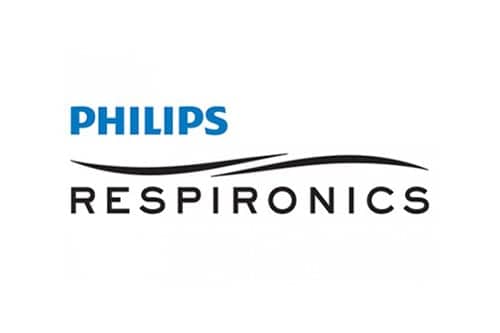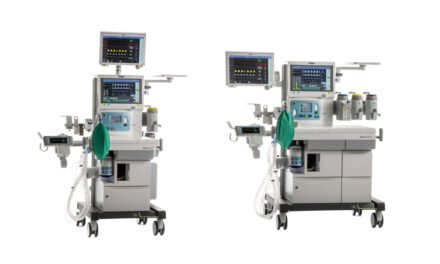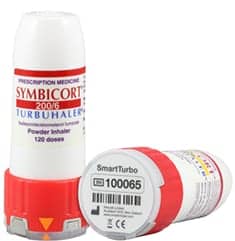Royal Philips has launched its DreamStation Advanced Therapies platform, including BiPAP autoSV and AVAPS devices, to support patients suffering with sleep-disordered breathing and respiratory insufficiencies.
Built on sophisticated, clinically-proven algorithms, BiPAP autoSV aims to deliver optimal ventilation with minimal intervention so patients experience comfortable, restful sleep, Philips said in a press release. Meanwhile BiPAP AVAPS is designed to deliver effective and comfortable ventilation therapy so patients can experience an improved quality of life.
Worldwide, more than 100 million people have obstructive sleep apnea and a significant percentage suffer from more complex sleep-disordered breathing, Philips said. Furthermore, an estimated 65 million suffering from COPD, and even more suffering from specific respiratory insufficiencies due to other chronic or neuromuscular diseases, all requiring unique therapy.
To address the varying needs of these complex disorders, Philips designed the DreamStation Advanced Therapies BiPAP autoSV and AVAPS devices, the company said.
“Treating patients with complex breathing disorders is not always straightforward, and every patient has unique therapy needs that can change night to night,” said Mark D’Angelo, Sleep Therapy Business Leader, Philips Sleep & Respiratory Care. “In addition to medical support, they require guidance and encouragement. With these updates to our Dream Family, we can provide individualized support for a wider range patients and empower clinicians to deliver the most efficient and best care possible.”
The DreamStation Advanced Therapies are fully-integrated through Philips Encore Anywhere patient management tool. This connectivity provides automated support for the patient’s specific and changing needs as well as remote monitoring capabilities support for physicians, durable medical equipment (DME) providers and caretakers to intervene when needed to minimalize adverse events.
Currently available in in select markets including France, Australia and the United States, the devices are expected to become available globally by the end of 2017.










